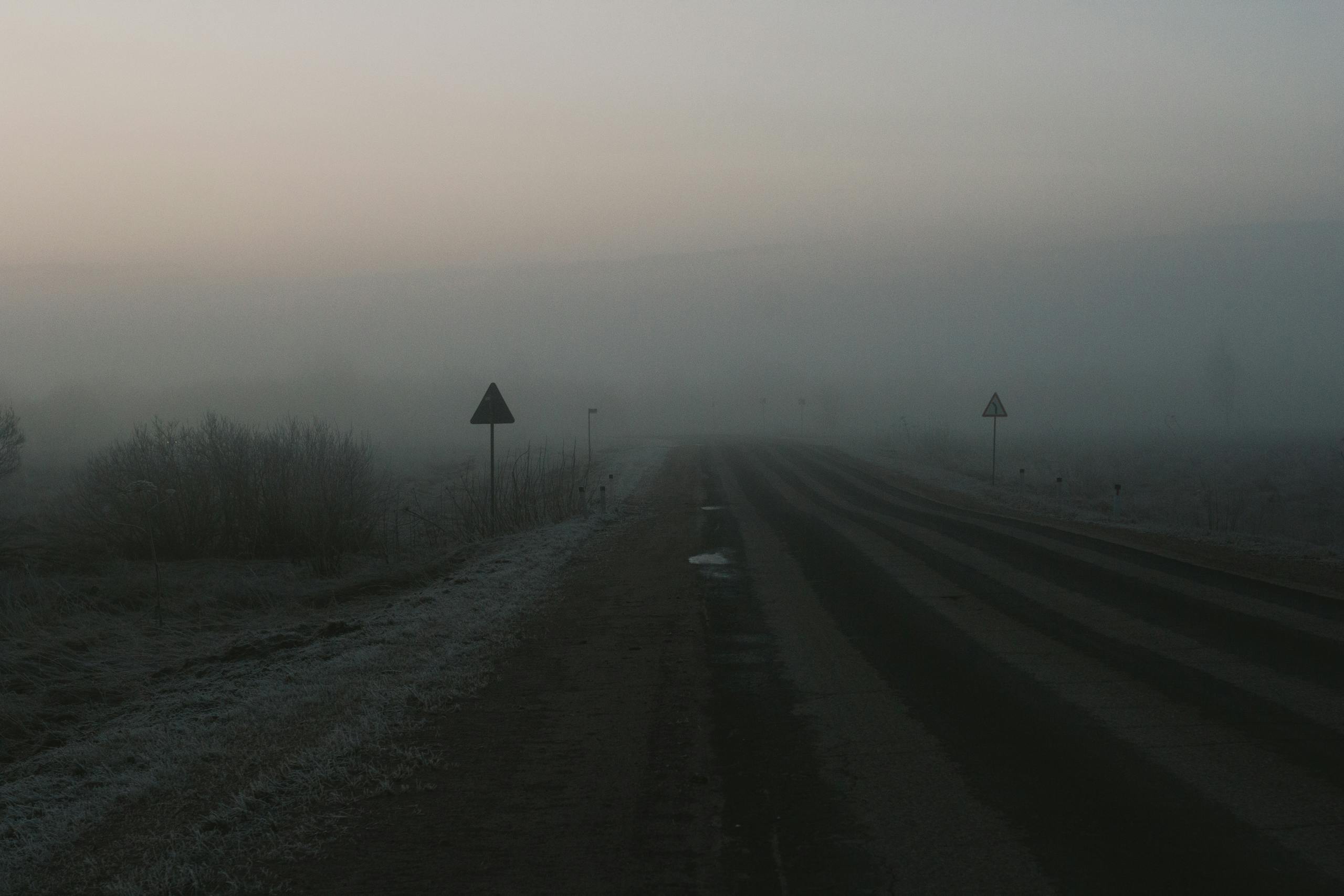7 Crucial Early Signs of Depression You Should Never Ignore ⚡
Depression isn’t always loud. Sometimes, it whispers. It hides in everyday behaviors, creeps in slowly, and masks itself behind stress or fatigue. Many people struggle silently, unsure if what they’re experiencing is something temporary or a deeper issue. This is why recognizing the early signs of depression is crucial—not just for yourself, but for the people around you.
It’s estimated that more than 280 million people worldwide suffer from depression, according to the World Health Organization. The earlier you spot the red flags, the easier it becomes to seek help and prevent the condition from escalating. Depression affects emotional, mental, and physical health—and if left untreated, it can severely impact one’s quality of life.
Whether you’re feeling “off” lately or concerned about a friend, this article highlights 7 early signs of depression you should never ignore. These are not always dramatic or obvious—but they are consistent and disruptive enough to signal a need for support.
1. Persistent Fatigue or Low Energy💤⚡
It’s normal to feel tired after a long day. But depression-related fatigue doesn’t go away with rest. It lingers. If you’re sleeping well but still feel like your energy is drained, it may be more than just exhaustion.
This kind of fatigue can make basic tasks—like showering, cooking, or even replying to a message—feel like a burden. If it lasts for weeks without any physical cause, it’s time to take it seriously.
2. Loss of Interest in Activities You Once Loved😔🎨
Have your favorite hobbies started feeling meaningless? A lack of joy or motivation in things that used to excite you is a classic warning sign of depression, known as “anhedonia.”
Whether it’s art, sports, music, or hanging out with friends, depression makes it hard to feel pleasure. If this disinterest persists, it can affect your social life and sense of identity.
3. Changes in Appetite or Weight🍽️⚖️
Depression can manifest in your eating habits. Some people may lose their appetite and unintentionally lose weight, while others may emotionally overeat and gain weight rapidly.
These shifts aren’t just about food—they’re often tied to how you feel emotionally. If you notice unexplained changes in appetite or weight, it might be time to check in with a professional.
4. Trouble Concentrating or Making Decisions🤯🧠
Have you found it harder to stay focused, remember things, or make choices? Depression can impair cognitive function, making daily decisions feel overwhelming.
This sign is often overlooked or blamed on “brain fog,” but consistent issues with memory or focus could be rooted in mental health challenges.
5. Feeling Hopeless or Worthless😞🕳️
One of the deepest effects of depression is the negative self-talk it encourages. Thoughts like “I’m not good enough” or “Things will never get better” can become a daily mental soundtrack.
This kind of mindset not only lowers self-esteem but also makes it difficult to envision a positive future. It’s important to challenge these thoughts with support, therapy, or coping techniques.
6. Irritability or Unexplained Anger😡💥
Not everyone with depression feels sad—some feel agitated. If you find yourself snapping at loved ones or feeling irritated by small things, it could be a sign of underlying emotional distress.
This is especially common in men and young adults, who may express depression through anger instead of sorrow. Irritability is a lesser-known but valid symptom of depression that should not be dismissed.
7. Withdrawal from Social Interactions😶🚪
Social isolation is both a symptom and a cause of depression. You might start avoiding phone calls, canceling plans, or spending more time alone—not because you enjoy solitude, but because engaging feels exhausting.
While everyone needs alone time, consistent social withdrawal can reinforce feelings of loneliness and despair. Maintaining human connection—even minimally—is essential for mental well-being.
What to Do If You Notice These Signs
If you or someone close to you is showing multiple signs from this list, don’t wait for things to get worse. Early intervention can make a huge difference. Start by:
- Talking to a therapist or counselor
- Reaching out to supportive friends or family
- Exploring self-help strategies like journaling, mindfulness, or exercise
- Calling a local mental health hotline or visiting your doctor
If you’re in Egypt, you can reach out to The National Center for Mental Health or consult local psychologists listed on Shezlong, an Egyptian online therapy platform.
Helpful Resources
Conclusion
Depression doesn’t always look the same for everyone. But these early warning signs are your mind and body’s way of signaling that something’s not right. Don’t ignore them. Early recognition and support can save lives, prevent long-term suffering, and guide you or someone you love back to a place of hope and healing.
Never underestimate how impactful a conversation or small step toward help can be. You are not alone—and support is closer than you think.


